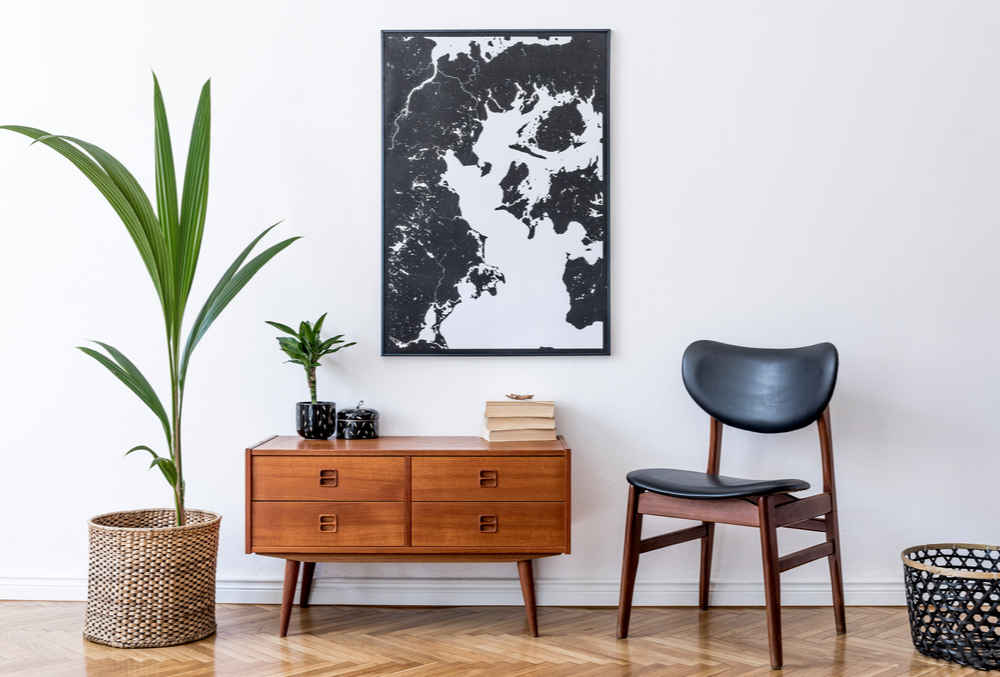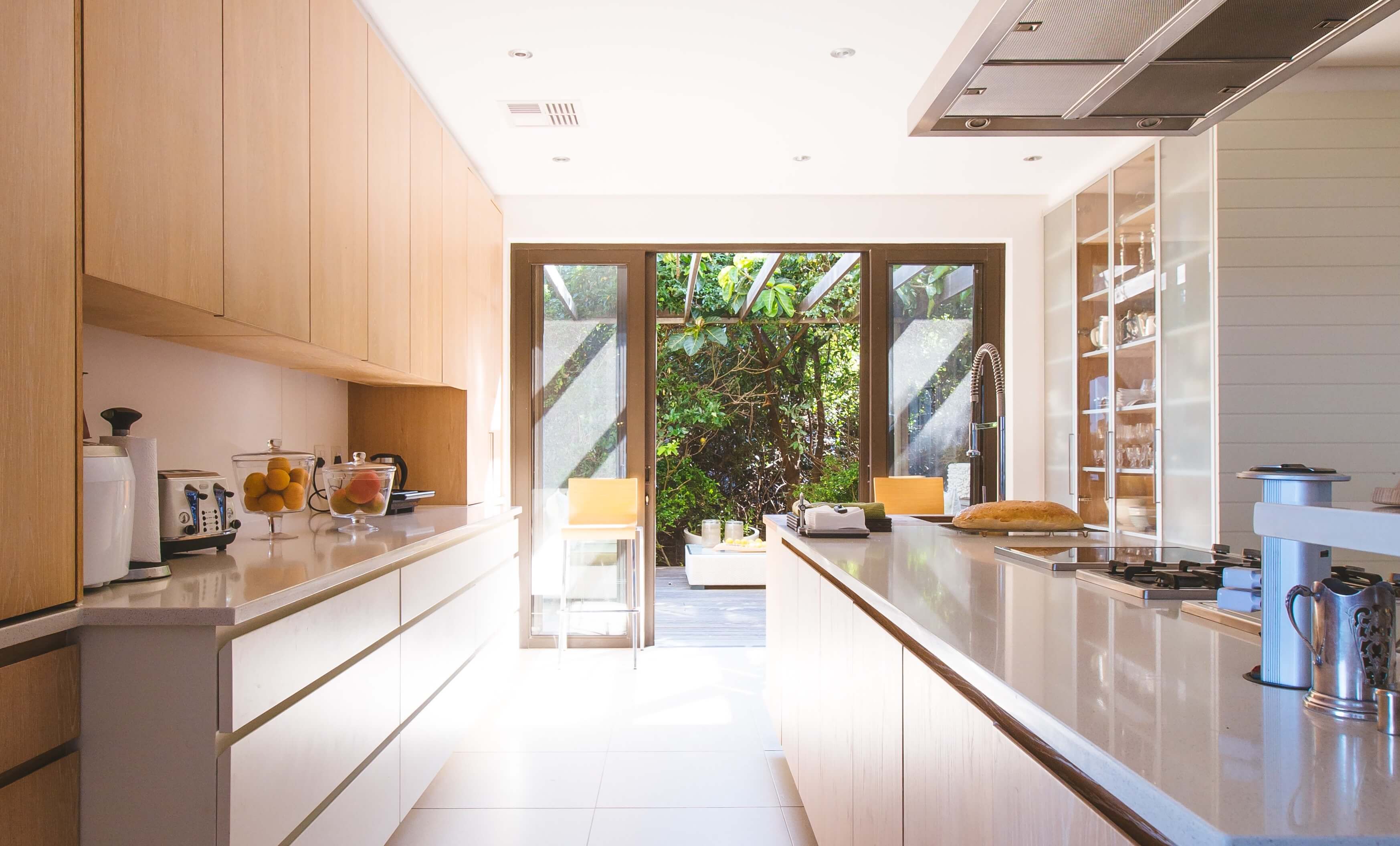How often should I update my rental properties?
A landlord’s work is never done! While there is a lot to juggle and consider when you’re a landlord, from various taxes, potential void periods and finding the right tenant, thinking about updating your properties should 100% be on your to-do list.
Painting and redecorating
There isn’t actually any legal timescale when it comes to cosmetics, but it is worth your while as the better looking your property is, the more easily you will find a tenant.
We recommend planning to redecorate the property every 5 years or so. If you have this timeline in mind, you can begin to save so that you’re financially prepared for the update. It’s stressful for everyone involved to try and organise this with a tenant in situ, so it’s easier to do this between tenants. This is something else you’ll need to plan for, so that you can cover a void period, while you redecorate.
However, it’s important to thoroughly check your property at the end of every tenancy, as the wear and tear might be such that you need to hold on to some of the deposit in order to put things to rights. Don’t forget our inventory service can make this easier for you.
Carpets and flooring
You’ll also need to consider the flooring in your budget. If you have carpets in high traffic areas, they may need to be replaced every 5 years or so.
It’s worth considering flooring that is likely to last a lot longer, like tiles or laminate flooring. While these can sustain damage over time, they don’t show wear and tear the way carpets do and they are much easier to clean.
Depending on what you choose, it can be a little pricier, but it is worth paying out a little more for something that will last longer and be more appealing to tenants.
Kitchens and bathrooms
Kitchens and bathrooms should only really need updating every 10 years or so. When updating, it’s best to stick with simple and classic shapes and colours, so that it won’t look completely outdated in a couple of years when design trends have moved on.
Choosing quality elements will, again, be pricey upfront, but will pay in the long run as you’re less likely to have to deal with damage or breakdowns.
When it comes to the electrical goods in the kitchen, this is a little trickier. We’ve looked at if you should provide a tumble dryer before, but most tenants expect the basics of a fridge-freezer, cooker and washing machine.
Be sure to invest in the best you can, to avoid issues down the road with appliances breaking down. You will also need to make sure that you have all your safety certification up-to-date. This includes:
- An annual gas safety certification
- A new mandatory certificate Electrical Installation Condition Report (EICR), which became mandatory for all rental properties in April 2021, which has to be updated at least every five years, but also every time you get a new tenant
- Finally, you also need to make sure that you have an EPC. These are valid for ten years, but you should get them updated when you make updates to your property that will improve its EPC rating. A lot of tenants are looking for homes that have a high EPC rating, as it will save them money on their bills, so if you update the large electrical goods in your properties, be sure to choose ones that have a great EPC rating and, once installed, update your EPC certification.

While you’re covering all of your legal certification, give yourself peace of mind with Home Emergency Insurance, so you’re covered for those things you didn’t plan for – after all, no one plans for their boiler to break down in the middle of winter!
Rent Guarantee Insurance also ensures that you don’t have to worry about the rent – if your tenant doesn’t pay, you don’t have to dip into your renovation budget to cover your costs, as our RGI has you covered
And don’t forget – keep records of everything you’ve done to the property. This will make your life easier come tax season!
